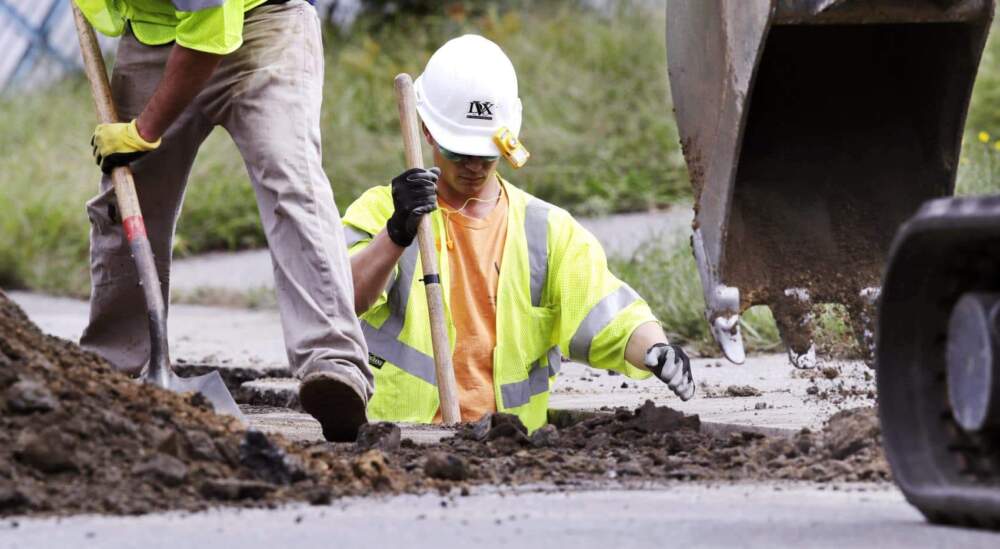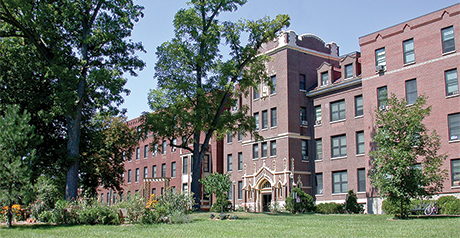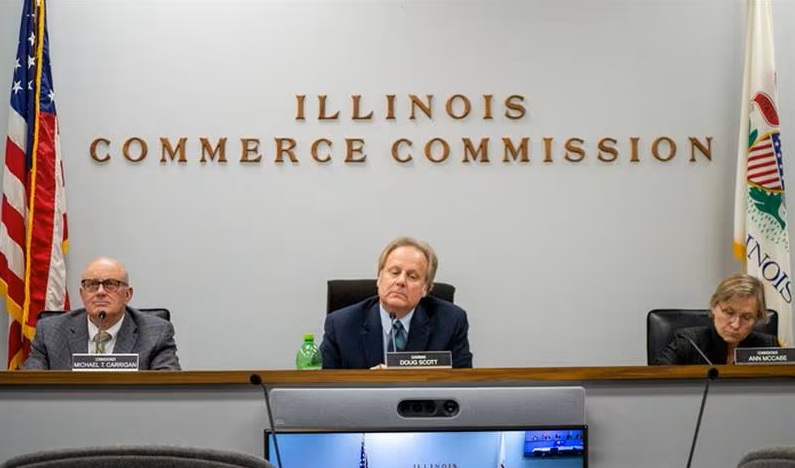After more than three years of considering the future of the natural gas industry in Massachusetts and what role it can play in the state’s efforts to significantly reduce its greenhouse gas emissions, the state’s Department of Public Utilities issued an order meant to signal to gas utilities that it won’t be business as usual going forward.
Home » Massachusetts outlines new strategy for getting customers and utilities off gas
Sign up for our emails and stay up to date with Community Voices in Energy.
Related Posts
Media Article
Consumer advocates say regulators should slash Ameren Illinois’ proposed $134M rate hike
Consumer advocates are pushing back against Ameren Illinois’ $134 million rate hike request for natural gas services that’s currently before state regulators. The watchdog groups contend the Illinois Commerce Commission, the state regulatory body, should reject at least two-thirds of the proposal. “t Ameren’s bid for a $134 million rate hike is unjust, unreasonable — and at least triple what the utility can possibly justify,” said Jim Chilsen, a spokesman for the Citizens Utility Boardy. The affordability issues and reducing expenditures on infrastructure by Ameren are “also the best solutions for a healthy, livable planet,” said Curt Stokes, an attorney with the Environmental Defense Fund. “Expanding and just doubling down on investments in this natural gas distribution system is not going to get Illinois to a zero carbon economy by 2050,” Stokes said.
FeaturedMedia Article
Illinois to receive $430 million to reduce climate pollution
The US Environmental Protection Agency (USEPA) announced that Illinois will receive more than $430 million in Climate Pollution Reduction Grants, thanks to the Inflation Reduction Act, to tackle climate pollution, improve air quality, and advance environmental justice across the state. Grant funds will support building and industry decarbonization, freight electrification, climate-smart agriculture, and renewable energy.
Media Article
Advocates hail regulatory ‘earthquake’ as state slashes requested gas rate increases
Illinois regulators unanimously approved rate hikes for four major natural gas utilities, but slashed the utilities' requested rate increases by as much as 50%. The regulators also launched a series of "future of gas" hearings that will for the first time hold the utilities accountable for aligning their planning with the state's 100% clean energy goals. "As the state embarks on a journey toward a 100% clean energy economy, the gas system's operations will not continue to exist in its current form," the Commission's Chairman said in a statement.







